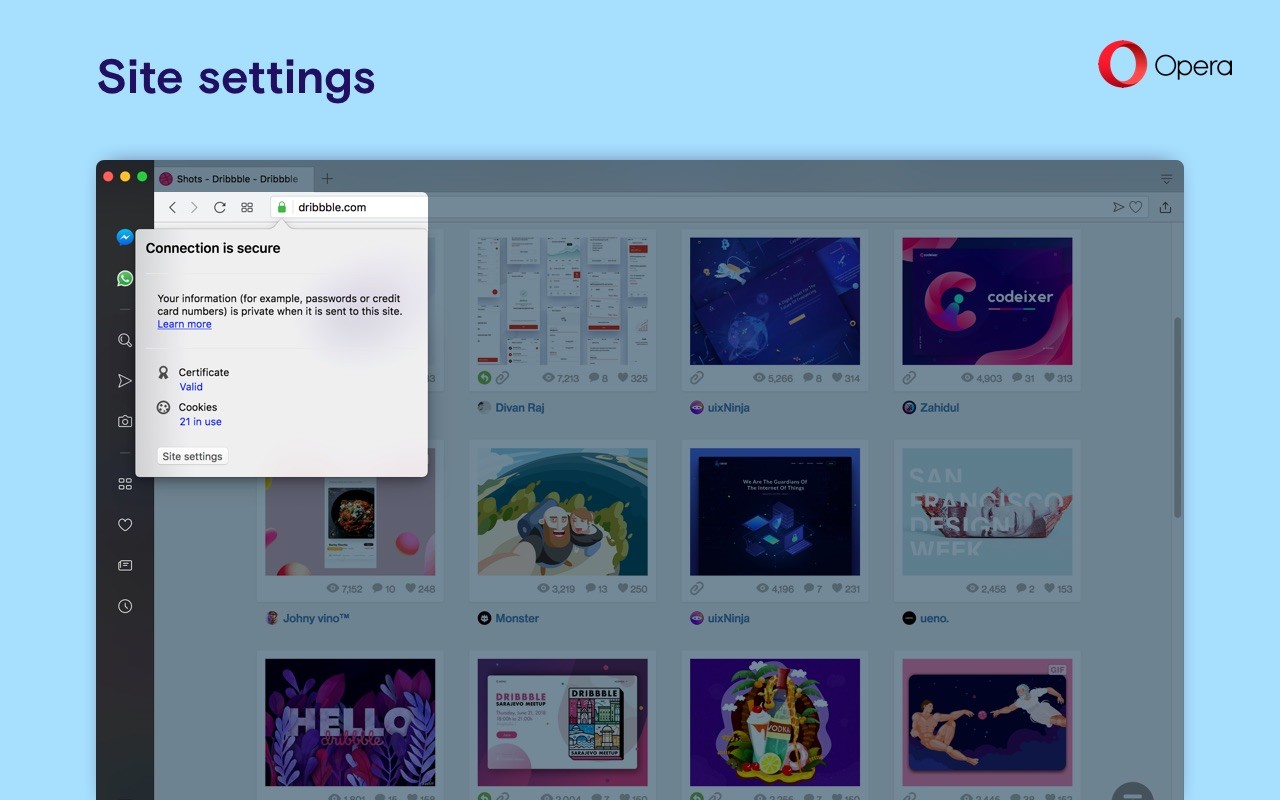

Occasionally, API parity doesn't exist between Chromium browsers. Browser compatibility and extension testing The following content focuses mostly on Chromium extensions. It also targets the maximum number of extension stores and ultimately the maximum number of users who can find and acquire your extension. These browsers are based on the Chromium open-source project.īenefits of creating a Chromium extension include writing the fewest lines of code. The last four browsers in the previous table use the same code package and minimize the need to maintain parallel versions. For example, Safari extensions can use both web and native code to communicate with counterpart native applications. If your goal is to publish your extension in the extensions store for each browser, your extension must be modified for each version to target and run in each distinct browser environment. Links to the tutorials are in the See also section, below. Some less-common APIs might be browser-specific. In most cases, a Chromium extension works as-is in different Chromium browsers and the APIs work as expected. Many of the tutorials on these sites use browser-specific APIs that might not match the browser for the app you are developing. It is just a starting point for your research. The following table isn't exhaustive or definitive. Some of the most popular browsers to build extensions for include Safari, Firefox, Chrome, Opera, Brave, and Microsoft Edge. Great places to begin your extension development tutorials and documentation research are sites hosted by the browser organizations. To work directly with a specific part of the browser, such as a window or tab, you must send API requests and must often reference the browser by name.

HTML and CSS files that define the user interface.A JavaScript file that defines the function.An app manifest JSON file that contains basic platform information.Examples of companion experiences include ad blockers and password managers.Īn extension should include at least the following features: You can create a Microsoft Edge extension if you have an idea or product that is based upon either a specific web browser, or improvements to features of specific webpages. An extension provides a niche experience or function that is important to a target audience. A Microsoft Edge extension is a small app that developers use to add or modify features of Microsoft Edge to improve a user's browsing experience.


 0 kommentar(er)
0 kommentar(er)
